Jane
My mom was officially diagnosed in 2016 at age 84. However, there were signs already of dementia for some time. The diagnosis didn’t come as a complete surprise because my grandmother had it and I was already seeing some early signs with my mom. I would say though that I also experienced some denial around the signs she was displaying.
THE HEALTHCARE SYSTEM
My experience with the healthcare system was very good. They were forthright and honest and they suggested treatment through medications. As well, the people who were around me were very supportive. I found that most were familiar with Alzheimer’s and could relate to what I was going through or what I would be going through in the future.
Having gone through the diagnosis with my mother and helping her, I have first-hand experience and insights that can help others. For example, I know that there’s support out there to help you live with the disease and with the right help you can live a full, comfortable life. There are things you can do to help slow down the progression. In my opinion, slowing down the progression and finding a cure for future generations are the key to taking away the stigma. It’s important to know that there are support systems available.
Media
Jan 7, 2019: Helping change the stigma associated with Alzheimer’s disease one story at a time (via the Alzheimer Society of York Region)
Comments
We may use your information in order to track your relationship with us and our site(s). We do NOT share your information with third parties.
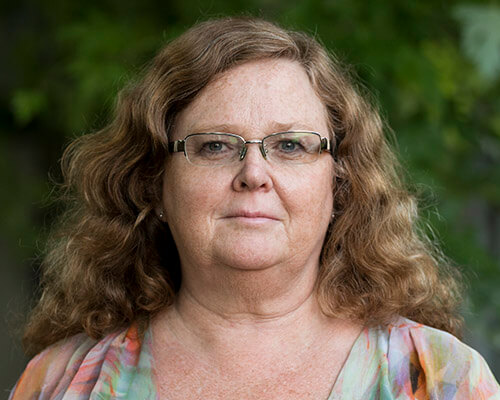
HERE ARE MY TIPS TO HELP YOU UNDERSTAND:
- Please don’t ever feel you are alone. Use the support systems that are available.
- Remember, it affects everyone differently.
- Don’t shut people or support out.
- Read and learn as much as you can about the disease. Education allows you to understand and help others.
-
More Stories
-
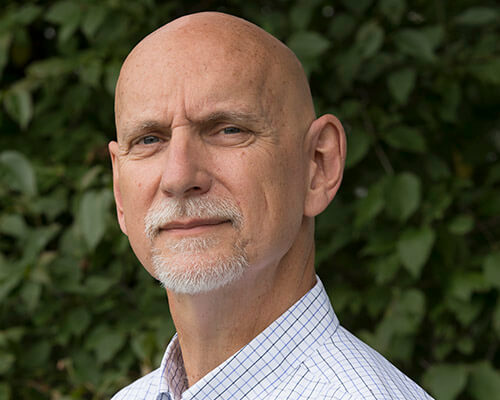
Keith
2019
Ontario
-
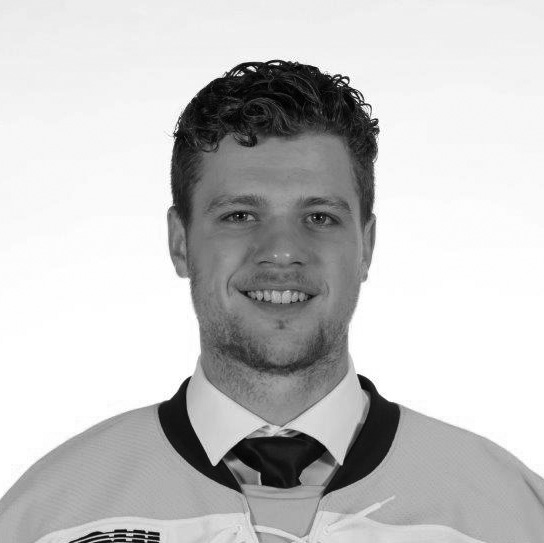
Liam
2018
Ontario
-
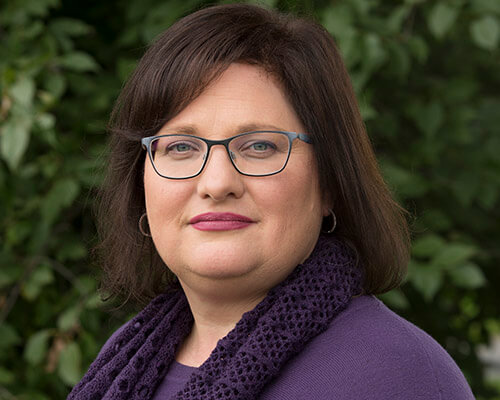
Robin
2019
Ontario
-
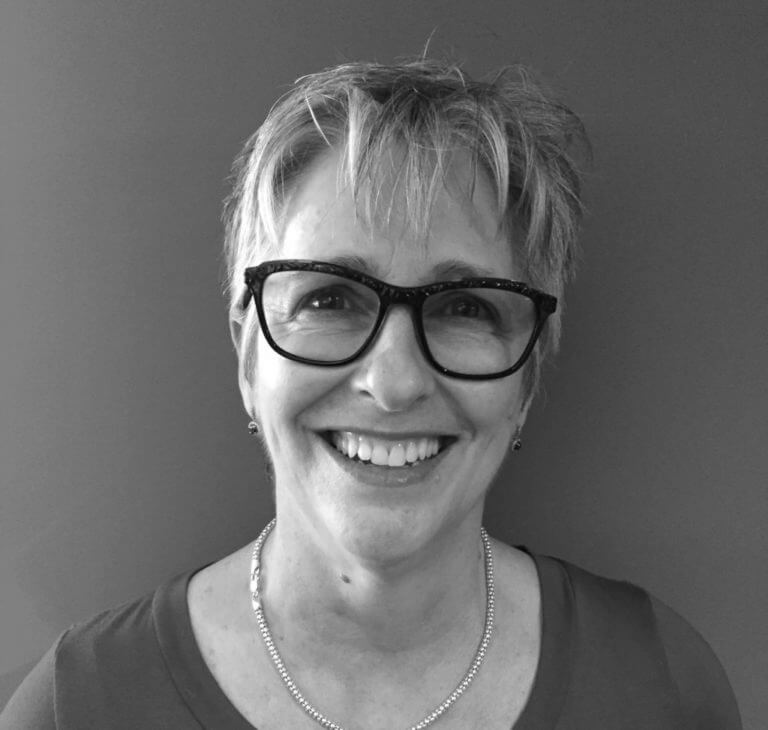
Shelley
2018
Ontario

Monique 1776 days ago
I'm seeing what dementia can do to a person, and I have witnessed the denial and 'shame' around it. Each time I visit, I try to remember the person my partner's father was and now I see it again with my partner's mother. I have strong memories of their being compassionate and welcoming each time I came to their home to visit. It is tricky to remain patient and just listen, but it can be done.